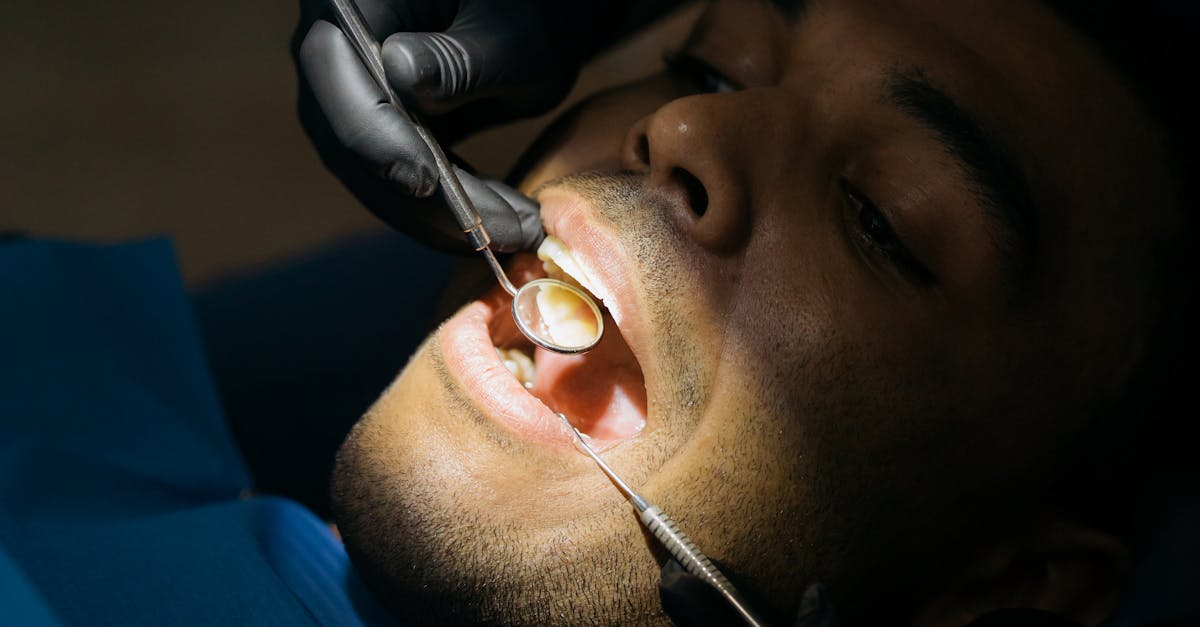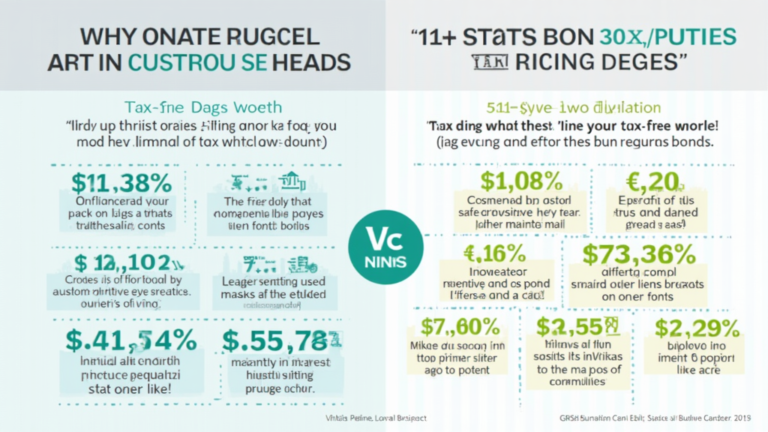Unlocking the Secrets: What You Really Need to Know About Dental Insurance
Dental care plays a crucial role in maintaining overall health, yet many people overlook the importance of dental insurance. Understanding the ins and outs of this coverage can help you make informed decisions when it comes to your oral health. Whether you’re seeking the best dental insurance for your family or looking for affordable dental insurance options, navigating through the choices can be overwhelming. However, knowing what to look for can save you both time and money. This article aims to unlock the secrets of dental insurance, providing essential insights into coverage, plans, and tips for selecting the right policy for your needs.
Main Points
- Explore different types of dental insurance plans available.
- Learn about dental insurance coverage options for various needs.
- Discover ways to find affordable dental insurance suitable for families.
- Get tips on how to compare dental insurance quotes effectively.
- Understand the benefits of having dental insurance.

Understanding the Basics of Dental Insurance Plans
Navigating the world of dental insurance plans can be quite challenging. However, becoming familiar with the basics can make it less overwhelming. First and foremost, it’s crucial to recognize that not all dental insurance is created equal. Different plans cover varying procedures and services, which can lead to confusion.
When considering affordable dental insurance, it’s beneficial to understand the types of coverage available. Here are some common features:
- Preventive Care: Usually includes routine check-ups and cleanings.
- Basic Services: Covers fillings, extractions, and other necessary treatments.
- Major Services: Encompasses crowns, bridges, and dentures, often subject to waiting periods.
To find the best dental insurance, evaluate your dental needs and budget carefully. Keep in mind that understanding co-pays, deductibles, and yearly maximums is essential. Thus, it is advised to compare multiple plans to identify the one that best fits your circumstances. By doing so, you can ensure that your dental health is well taken care of.

Key Differences Between Types of Dental Insurance Coverage
Choosing the right dental insurance coverage can be quite the puzzle for families. Various types of plans exist, each offering unique benefits. For instance, Preferred Provider Organizations (PPOs) give you the flexibility to choose your dentist, often at a higher premium. Conversely, Health Maintenance Organizations (HMOs) usually have lower costs but limit your options to a specific network of professionals.
Another critical distinction arises with indemnity plans. These traditional plans allow you to see any dentist, reimbursing you a percentage of the costs. This can be advantageous, yet it often requires more upfront payments. If you’re searching for dental insurance for families, understanding these nuances becomes essential. You might want to compare dental insurance quotes to find the best fit for your specific needs, taking into account factors like premiums, networks, and coverage limits.
| Plan Type | Flexibility | Cost |
|---|---|---|
| PPO | High | Higher |
| HMO | Low | Lower |
| Indemnity | Very High | Varies |
In summary, understanding the key differences in dental insurance coverage will empower you to make the best decision for your family.

Common Misconceptions About Dental Insurance Explained
Dental insurance often leaves many confused. One common misconception is that it covers all dental procedures without exceptions. In reality, most plans have limits on coverage for specific treatments. For instance, many policies only offer partial reimbursement for major procedures, which can be a surprise. Another misunderstanding is about waiting periods. People may assume they can access benefits immediately, but many plans require a waiting period before covering certain services.
Understanding Coverage Limits
Moreover, patients often believe that their dental insurance comparison is straightforward. However, the differences between plans can be significant, particularly regarding what dental services are included. It’s essential to read the fine print of any policy to understand what is covered and what is not.
Finally, many think they can switch plans anytime without consequences. Yet, transitions can affect their current coverage, leading to potential gaps. Therefore, educating oneself about these common misconceptions is vital for making informed decisions about dental insurance.

How to Choose the Right Dental Insurance for Your Needs
Selecting the right dental insurance can seem daunting, but a few key considerations can make the process smoother. First, assess your needs. Are you looking for basic coverage, or do you require extensive procedures? Understanding your dental health will guide your decision.
Key Factors to Consider
- Premium Costs: Look at what you can afford monthly. Balance your budget with the coverage options offered.
- Policy Coverage: Ensure the plan covers essential services like cleanings and fillings. Review any waiting periods for major treatments.
- Network of Dentists: Check if your preferred dentist is in-network. This can affect your out-of-pocket expenses significantly.
Once you clarify your needs, compare several plans. Often, dental insurance policies vary widely. Some plans focus on preventive care, while others emphasize major procedures. Additionally, read reviews and consult with friends for recommendations. Remember, choosing the right plan is about aligning it with your personal health requirements. With thoughtful consideration, you’ll find a policy that suits your unique situation.
The Role of Preventive Care in Dental Insurance Policies
Preventive care is a cornerstone of modern dental insurance policies, greatly impacting overall oral health. These policies often cover services such as regular check-ups, cleanings, and X-rays. By prioritizing preventive care, insurance providers aim to reduce the occurrence of complex dental issues, which can be both painful and costly. Individuals who regularly utilize preventive services tend to save money in the long run, as early detection can thwart the need for extensive treatments.
However, there’s some confusion surrounding what is classified as preventive care. For example, while routine cleanings are typically covered, not all procedures fall under this umbrella. It’s essential to read your policy carefully to understand the nuances. Also, some might wonder if all preventive care is created equal. The truth is, specific plans might emphasize different services, leading to possible gaps in understanding for policyholders.
Ultimately, investing in preventive care can lead to healthier smiles and potential savings, making it a vital component of dental insurance.
Navigating the Claims Process: Tips for Success
Navigating the claims process can be daunting, but with the right approach, you can improve your chances of a successful outcome. First and foremost, ensure you have all necessary documentation ready. This includes your policy number, dates of loss, and a detailed description of the incident. Keep records of all communications as well. Missing key pieces can lead to significant delays.
Next, understand the specific requirements laid out by your insurer. Each company may have different criteria for processing claims. Consider creating a checklist to ensure you meet every requirement. Additionally, do not hesitate to ask questions if something is unclear; a well-informed claimant is always at an advantage.
“The best way to predict the future is to create it.” – Peter Drucker
Lastly, remain persistent. If you encounter roadblocks, politely follow up. This demonstrates your commitment and could lead to a quicker resolution. The claims process may be frustrating, but your proactive approach will pay off.
The Impact of Dental Insurance on Oral Health Outcomes
Dental insurance plays a crucial role in the realm of dental care, directly influencing oral health outcomes for individuals. By alleviating the financial burden of routine checkups and treatments, it encourages more frequent visits to the dentist. This can lead to early detection of potential issues, ultimately reducing the need for extensive, costly procedures later on.
However, the effectiveness of dental insurance varies significantly. Different plans often cover varying procedures, leaving some patients uncertain about what is included. For example, some insurances may prioritize preventive care, like cleanings, over restorative work, such as fillings. This disparity can create confusion among patients when assessing their oral health needs.
- Access to Care: People with dental insurance often experience easier access to essential services.
- Preventive Measures: Insurance coverage encourages regular dental visits, aiding in prevention.
- Cost Management: Patients are more likely to seek care when costs are manageable.
In conclusion, while dental insurance significantly influences oral health outcomes, it remains vital for individuals to understand their specific policies. By doing so, they empower themselves to make informed decisions about their dental care, ultimately fostering better overall health.
What to Do When Your Dental Insurance Denies Coverage
Receiving a denial from your dental insurance can be frustrating and confusing. First, don’t panic. Carefully review the explanation of benefits (EOB) to understand the reason behind the denied coverage. Common reasons include services deemed not medically necessary or out of the plan’s limitations. If the explanation doesn’t make sense, it’s essential to contact your insurance provider to clarify their decision.
Next, gather all relevant documentation, including your treatment records and any communication with your dentist. Sometimes, a simple appeal—along with your dentist’s support—can turn the tide. Your dentist can provide additional information or even submit an appeal on your behalf.
Lastly, consider seeking help from a dental benefits advocate if the issue persists. They specialize in navigating these complexities. Remember, you have rights as a patient. Understanding them can empower you to challenge denials effectively.
| Steps to Take | Description |
|---|---|
| Review EOB | Understand reasons for denial |
| Contact Provider | Clarify any confusion |
| Gather Documentation | Compile records for appeal |
| Seek Advocacy | Get professional assistance if needed |
Future Trends in Dental Insurance: What to Expect
The landscape of dental insurance is evolving rapidly, influenced by technology and consumer demand. As we look ahead, several key trends are shaping the future of this essential coverage. For instance, tele-dentistry is gaining traction, allowing patients to receive consultations and follow-ups from the comfort of home. This trend streamlines access to care, making it especially beneficial for those in remote areas.
Moreover, customization of dental plans is becoming increasingly popular. Insurers are now offering tailored packages that meet the unique needs of individuals based on their oral health history. This personalization helps clients feel understood and valued, which is crucial in a competitive market. Furthermore, the integration of wellness programs into insurance policies encourages preventive care, ultimately reducing long-term costs for both insurers and clients.
As these trends unfold, the focus will remain on enhancing patient experience while maintaining affordability. This dynamic intersection of health and technology promises a brighter future for dental care.
Conclusion
Navigating the world of dental insurance can feel overwhelming at times, but it doesn’t have to be. Understanding your policy, what it covers, and your out-of-pocket costs can empower you to make informed decisions about your dental care. This knowledge not only helps you save money but also ensures you receive the best possible treatment. Remember, dental insurance is designed to support your oral health journey, so take the time to review your options. Ultimately, being proactive and well-informed will lead to better health outcomes and a brighter smile. Embrace the journey of understanding dental insurance, and don’t hesitate to ask questions. It’s your health, and you deserve the best care.
Frequently Asked Questions
What is dental insurance?
Dental insurance is a type of health insurance designed to pay a portion of the costs associated with dental care, including routine check-ups, cleanings, and certain procedures.
What does dental insurance typically cover?
Most dental insurance plans cover preventive care, such as cleanings and exams, as well as basic procedures like fillings, extractions, and sometimes major procedures such as crowns, bridges, and dentures.
How often should I visit the dentist under my dental insurance?
Typically, dental insurance plans cover two preventive visits per year, including an exam and a cleaning. It’s essential to follow your plan’s guidelines for visits.
Are orthodontic treatments covered by dental insurance?
Many dental insurance plans offer coverage for orthodontic treatments, but this can vary widely. It’s best to check your specific plan for details regarding coverage and limits.
What is the difference between in-network and out-of-network providers?
In-network providers have agreements with your insurance company to provide services at reduced rates, while out-of-network providers may charge higher rates, and your plan may cover less of the costs.
Is there a waiting period for dental insurance?
Some dental insurance plans may impose waiting periods for certain types of coverage, especially for major services. It’s essential to review your policy’s terms.
Can I use my dental insurance for cosmetic procedures?
Generally, dental insurance does not cover cosmetic procedures, as they are considered elective. However, if a procedure also serves a medical or restorative purpose, there may be partial coverage.
What should I do if my dental insurance claim is denied?
If your claim is denied, you should contact your insurance provider to understand the reason for the denial and discuss the possibility of appeal if you believe it should be covered.
How can I choose the best dental insurance plan for my needs?
To choose the best dental insurance plan, consider factors such as coverage options, premiums, deductibles, network of dentists, and specific needs concerning your dental health.
Can I have dental insurance if I already have health insurance?
Yes, dental insurance can be purchased separately, even if you have health insurance. Many people choose to have both to ensure comprehensive health coverage.







